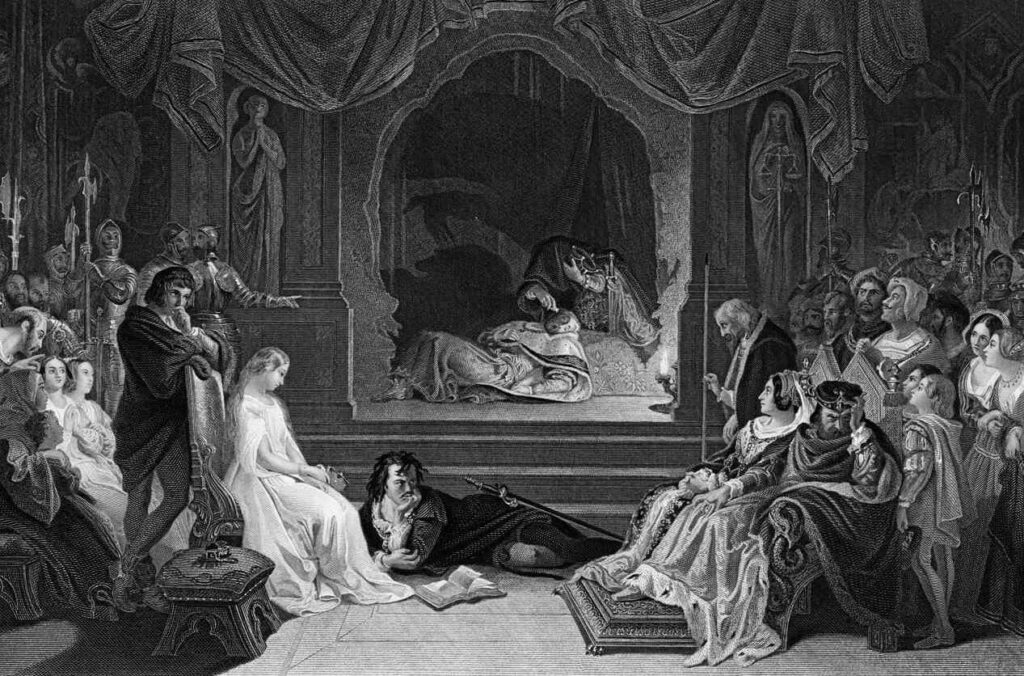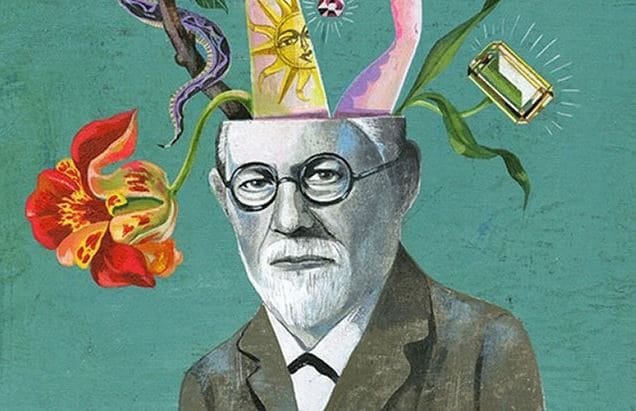Introduction
The book Hamlet, authored by William Shakespeare, portrays revenge as a product of Hamlet’s moral compass and his desire for justice, ultimately leading to tragic consequences. Therefore, the play delves into the intricacies of revenge, focusing on the underlying motivations that drive individuals to seek retribution, the inherent destructiveness embedded within acts of vengeance, and the intricate moral difficulties surrounding the pursuit of justice through revenge.
Motivations Behind Seeking Revenge
Hamlet’s desire for revenge is motivated by a complex mix of emotions and beliefs. At its core, his motivation is rooted in a deep-seated sense of injustice and a belief that the murder of his father must be avenged (Shakespeare, 2020, p. 123). Hamlet feels a strong sense of duty to his father’s memory and believes that he has a moral obligation to understand and correct the wrong that has been done. This sense of duty is fueled by his love for his father and his desire to honor his memory. For instance, the desire for justice is further fueled by Hamlet’s feelings of powerlessness and his belief that he must take matters into his own hands to achieve justice (Hameed, 2022, p. 121). In this regard, Hamlet is driven by a desire for justice and a belief that the perpetrator of the crime must be held accountable for their actions. Therefore, this explication essay argues that Hamlet’s motivations for revenge are rooted in a mix of emotions and beliefs, including a sense of injustice, a desire to honor his father, and a belief in justice.

Destructive Nature of Revenge
Revenge is a destructive force that consumes Hamlet, ultimately leading to his downfall. According to Shakespeare (2020), Hamlet’s desire for revenge causes him to become increasingly isolated and lonely, pushing away those who care about him, including Ophelia and Horatio (p. 129). In this regard, Hamlet’s obsession with avenging his father’s death leads him to make harmful decisions for himself and others. His actions become more erratic and violent, leading to the deaths of several innocent people, including Polonius, who he thought was Claudius (Haque, 2019, p. 58). As a result, Hamlet’s pursuit of revenge destroys his relationships with others as he becomes more and more consumed by his desire for vengeance. Hence, the play highlights the destructive nature of revenge, showing how it can lead to a cycle of violence and harm, ultimately causing more harm than good.
Moral Complexities Surrounding Vengeance
Shakespeare presents a nuanced exploration of the moral complexities surrounding revenge in the play. Hamlet’s desire for revenge is understandable, given the circumstances of his father’s death, but it also leads him to commit violent acts that challenge the moral values of the play (Zhao, 2022, p. 68). The character of Claudius, Hamlet’s uncle and the murderer of his father, adds to the moral complexity of the play. For instance, the pursuit of vengeance leads to a cycle of violence, as Hamlet’s actions spark a chain of events resulting in several characters’ deaths (Shakespeare, 2020, p. 203). Claudius’s guilt and subsequent remorse raise questions about the nature of forgiveness and redemption and whether such acts can truly be forgiven. Thus, the play highlights the complexity of moral issues surrounding vengeance and the difficulty of finding a clear moral path in a world where justice and morality are not always clear-cut.
Conclusion
The book Hamlet offers a profound exploration of the concept of revenge. Through the character of Hamlet and the events that unfold, Shakespeare delves into the motivations behind seeking revenge, the destructive nature of revenge, and the moral complexities surrounding vengeance. As the play unfolds, it becomes clear that revenge takes a heavy toll on the avenger and those caught in its path. By examining the theme of revenge in Hamlet, individuals are compelled to reflect on the futility and tragedy that often accompany such pursuits.
References
Hameed, F. S. (2022). The theme of revenge in Shakespeare’s play Hamlet. International Journal of Arts, Humanities and Social Studies, 4(5), 119–125 https://www.researchgate.net/publication/365153173_International_Journal_of_Arts_Humanities_and_Social_Studies_Open_Access_Original_Paper_The_Theme_of_Revenge_in_Shakespeare’s_play_Hamlet
Haque, F. (2019). Revenge and vengeance in Shakespeare’s Hamlet: A study of Hamlet’s pursuit and procrastination regarding revenge. IOSR Journal of Humanities and Social Science, 21(09), 55–59. https://doi.org/10.9790/0837-2109095559
Shakespeare, W. (2020). Hamlet – Entire play. Folger Shakespeare Library. https://www.folger.edu/explore/shakespeares-works/hamlet/read/
Zhao, X. (2022). New interpretation of the ‘to be or not to be’ soliloquy in Hamlet by William Shakespeare. Pacific International Journal, 5(4), 64–70. https://doi.org/10.55014/pij.v5i4.246


